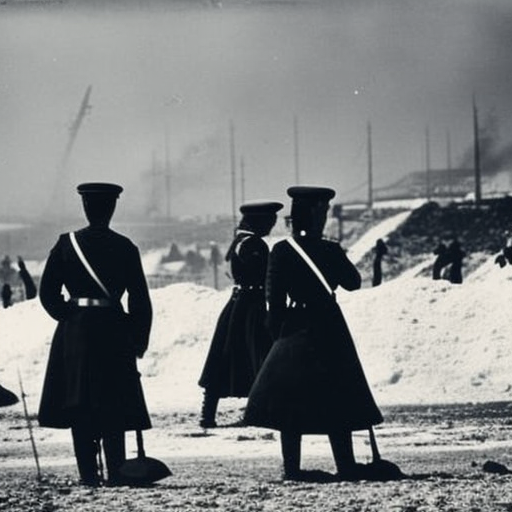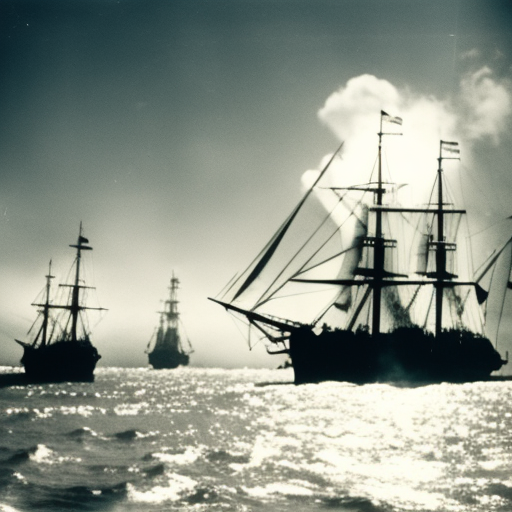The Crimean War: A Conflict of Powers
The Crimean War was a major conflict that took place from 1853 to 1856, primarily involving Russia on one side and an alliance of France, Britain, the Ottoman Empire, and Sardinia on the other. The war was fought mainly in the Crimean Peninsula, located in the Black Sea region. It was a significant event in European history, marking a shift in the balance of power and introducing new military strategies and technologies.
Causes of the War
The Crimean War was primarily triggered by a dispute over the rights of Christian minorities in the Holy Land, which was then part of the Ottoman Empire. Russia, as the protector of Orthodox Christians, sought to gain influence in the region, leading to tensions with the Ottoman Empire. The conflict escalated when Russia occupied the Danubian Principalities of Moldavia and Wallachia, territories under Ottoman suzerainty. This move was seen as a threat to the balance of power in Europe, prompting France and Britain to intervene.
The Eastern Question
The Crimean War was also influenced by the broader geopolitical issue known as the Eastern Question. This question revolved around the declining Ottoman Empire and the potential power vacuum that would result from its collapse. European powers, particularly Russia, France, and Britain, sought to protect their interests and maintain the balance of power in the region. The war in Crimea became a battleground for these competing interests.
The Siege of Sevastopol
One of the most significant events of the Crimean War was the Siege of Sevastopol. Sevastopol was a major Russian naval base in Crimea, and its capture was crucial for the allied forces. The siege lasted from September 1854 to September 1855 and involved intense fighting and trench warfare. The allies eventually succeeded in capturing Sevastopol, dealing a significant blow to the Russian forces and weakening their position in the war.
Impact of the War
The Crimean War had far-reaching consequences for Europe and the world. It exposed the outdated military tactics and infrastructure of many European powers, leading to reforms and modernization efforts. The war also highlighted the importance of logistics and medical care in military operations. Florence Nightingale, a British nurse, gained fame for her work in improving medical care for wounded soldiers during the war.
The war also had political implications. The Treaty of Paris, signed in 1856, ended the conflict and reshaped the balance of power in Europe. Russia was forced to relinquish its claims in the Danubian Principalities and the Black Sea was declared neutral territory. The Ottoman Empire, though weakened, managed to survive for a few more decades.
Legacy of the Crimean War
The Crimean War had a lasting impact on international relations. It marked the decline of Russia as a major European power and the rise of France and Britain. The war also set the stage for future conflicts, such as the Russo-Turkish War of 1877-1878 and the Balkan Wars of the early 20th century.
Furthermore, the Crimean War highlighted the need for diplomatic solutions to conflicts and the dangers of unchecked aggression. It served as a lesson for future generations, emphasizing the importance of international cooperation and diplomacy in resolving disputes.
In conclusion, the Crimean War was a significant conflict that reshaped the balance of power in Europe. It was triggered by tensions between Russia and the Ottoman Empire, as well as broader geopolitical concerns. The war exposed the weaknesses of European powers and led to reforms in military tactics and infrastructure. The Siege of Sevastopol was a major turning point in the war, leading to the eventual victory of the allied forces. The war’s impact extended beyond military and political realms, influencing international relations and emphasizing the importance of diplomacy in resolving conflicts.












